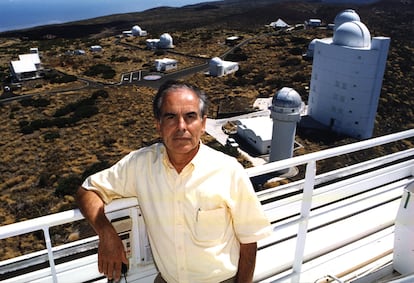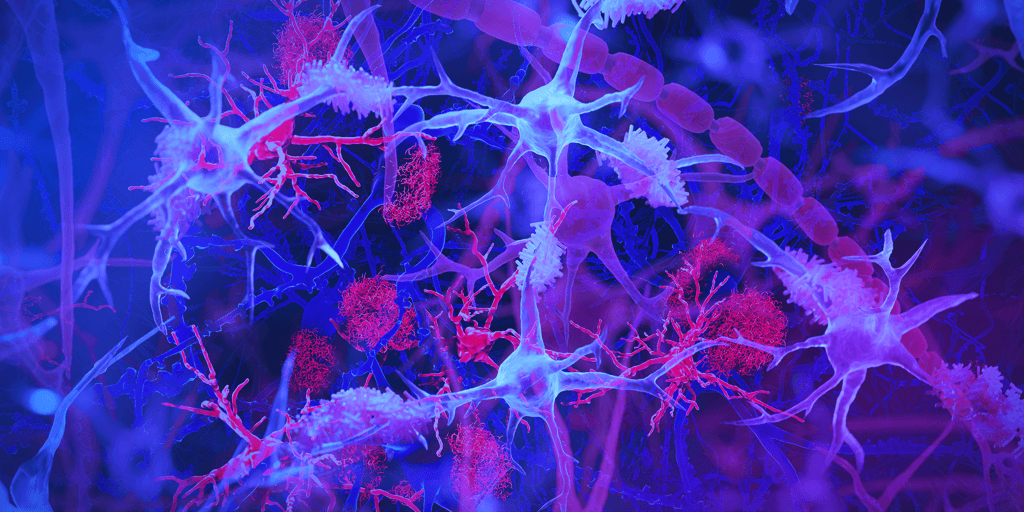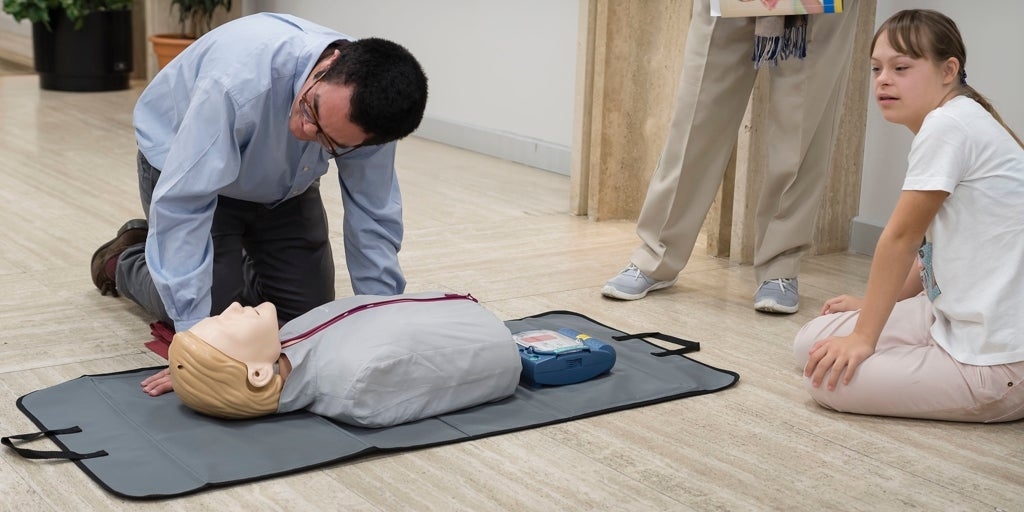Paco Sánchez, the boundless curiosity of an energy that is neither created nor destroyed

Strictly opinion pieces that reflect the author's unique style. These opinion pieces must be based on verified data and be respectful of individuals, even if their actions are criticized. All opinion columns by individuals outside the EL PAÍS editorial team will include, after the last line, a byline—no matter how well-known the author may be—indicating their position, title, political affiliation (if applicable), or main occupation, or any that is or was related to the topic addressed.
It is thanks to its vitality that we owe the fact that Spanish astronomy is on an equal footing in the international arena.

Francisco Sánchez is no longer with us, and I hope he's still out there in the universe, giving away that energy he had, which we know can neither be created nor destroyed. I met Paco when he was the great head of the Canary Islands Institute of Astrophysics (IAC) and I was just starting my doctorate. Despite the difference in age and situation, we became good friends. His lively and open-minded nature made it possible. I found his personality very interesting, as it was very rich; I'd say unclassifiable.
As an old-school boss, he could be tough in his professional demands and, at the same time, very affectionate and close on a personal level. As a friend, you could be sure that every conversation would be interesting. What a curious person! He was interested in everything. He always wanted to learn new things; right up to the end, in his eighties , he was still installing new apps on his phone.
He always sought out what was truly important and never got lost in trivial matters. His vitality and curiosity were boundless. He had a very powerful mind that made him rise above everyday problems. He transcended them. However, he was concerned about people in their most essential aspects; family and friends were also extremely important to him. He was very affectionate, loved people, and adored his family.
He always had an uncommon ability to get to know people and treated everyone in a special way, although he was very demanding. He also treated himself. His ability to see the potential in everyone was key to creating the IAC. He began with a select few, whom he embarked on a grand project: to advance astronomy from the observatories he demonstrated were excellent. He then got those select few, all pioneers in their own way, involved in the projects they could best accomplish; and so, together, with him as the undisputed leader, he began his great undertaking, which was his life's work.
Over time, more people arrived there, and he did something similar with us. He gave us tasks he knew we could do well. I study galaxies, but I also kept the legacy he left me: defending the sky, so that it continues to be a driving force of knowledge, research, and culture.
He was a great man. He assigned tasks, missions, and stepped back. I've never met anyone more capable of delegating. He proposed challenges and projects to us, and once you accepted them, you had his full support and no interference. I think that was because of his generosity—which I always admired—and because, furthermore, his dreams and goals knew no bounds. He didn't need to intervene in something he'd already resolved; he moved on to other endeavors and was only there to support you if you asked. I've met few people like him.
Francisco Sánchez's life is full of experiences and anecdotes involving all kinds of people—and all sorts, as he would say—which he explains very well in his book Dreaming of Stars . He was a brave man, and throughout his long life, he has fought against giants and windmills, and, for me, he has achieved something unthinkable.
I learned a lot from him; maybe he learned something from me too—I hope so—because we enjoyed discussing many topics. I really enjoyed our conversations, and he was a good listener. He would chime in with a question or comment that helped me find answers. Sometimes it was the other way around: I listened and perhaps also helped him clarify one of his many rants.
But, following his tenet of pursuing what is central, we owe it to him that astrophysics in Spain stands on equal footing with that of other countries. His vision, his sense of timing, his wisdom, and, very importantly, his tenacity have created an international science centered around astronomical observation in our country. He is adored in the Canary Islands. He found a gold mine for the islands: the observatories he fostered and defended. And from them, pioneering international agreements, laws protecting the sky that only exist in Spain, and prosperity for the Canary Islands through science and technology. As I tell you, he was a visionary and a brave man who fought tirelessly for what he believed in; unfazed by obstacles, unconcerned about "what people will say," unfazed by his goal.
He lived intensely and achieved great things. I'm sure that, if he's somewhere in the universe, he'll be able to say that his life was worth living. I loved him very much. I've lost a friend, and I hope his spirit and strength will be with us.
Casiana Muñoz leads a research group at the Instituto de Astrofísica de Canarias (IAC) and was deputy director of the center from 2018 to 2024.
EL PAÍS




